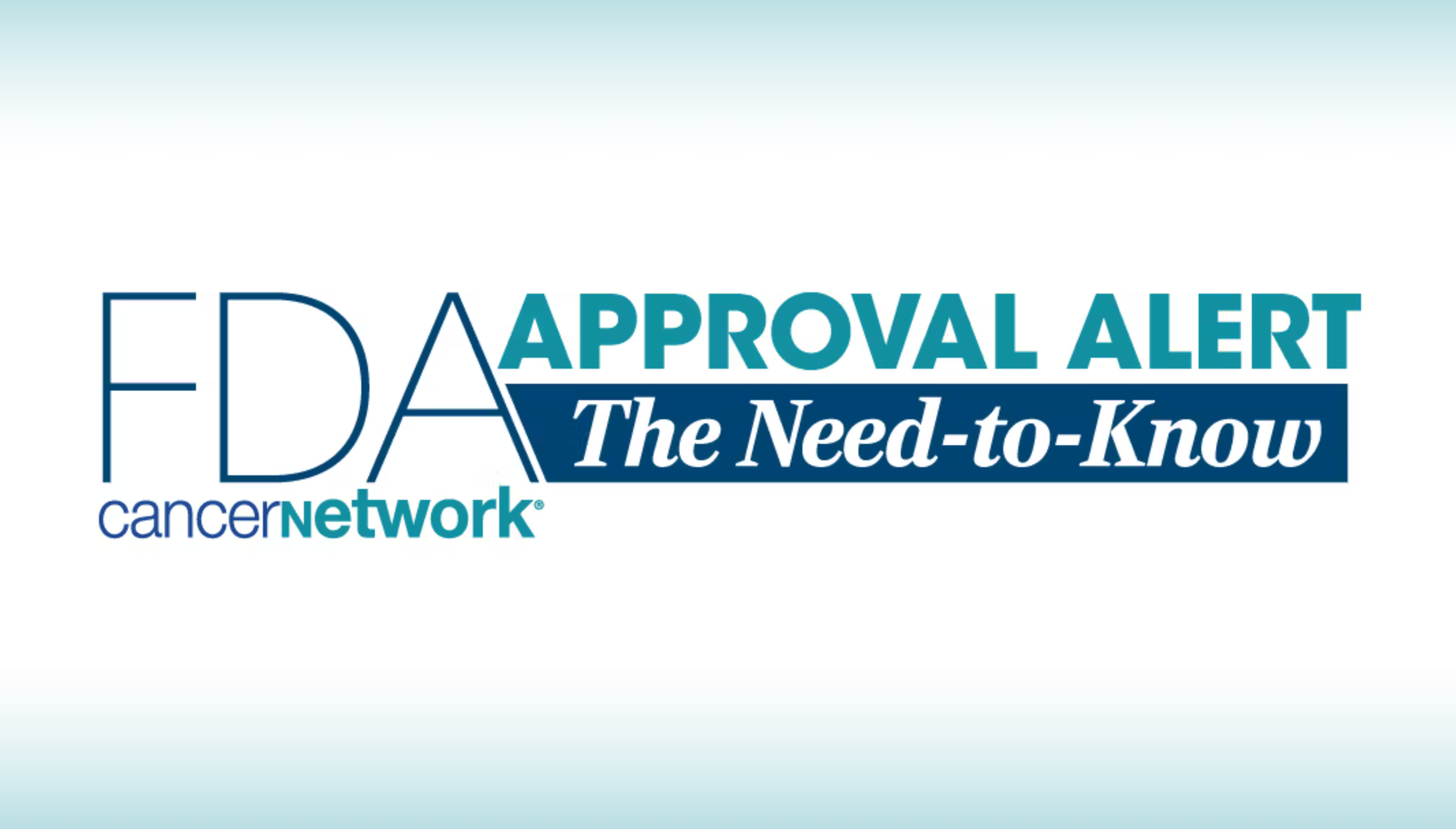FDA Approves Adjuvant Cemiplimab in Cutaneous Squamous Cell Carcinoma
Findings from the phase 3 C-POST trial support the FDA approval of cemiplimab in this cutaneous squamous cell carcinoma population.
Data from the phase 3 C-POST trial (NCT03969004) support the FDA approval of cemiplimab as adjuvant therapy for adults with cutaneous squamous cell carcinoma.

The FDA has approved cemiplimab-rwlc (Libtayo) as an adjuvant therapy for adult patients with cutaneous squamous cell carcinoma (CSCC) at high risk of recurrence after surgery and radiation, according to a press release from the FDA.
Cemiplimab was evaluated in this patient population in the double-blind, placebo-controlled phase 3 C-POST trial (NCT03969004). Patients were randomly assigned 1:1 to receive cemiplimab or matched placebo. The median disease-free survival (DFS) with cemiplimab was not reached (95% CI, not evaluable [NE]-NE) compared with 49.4 months (95% CI, 48.5-NE) in the placebo arm (HR, 0.32; 95% CI, 0.20-0.51; P <.0001).
The recommended dosage for cemiplimab is 350 mg intravenously every 3 weeks for 12 weeks, then 700 mg every 6 weeks; it may also be given at 350 mg every 3 weeks until disease progression, unacceptable toxicity, or up to 48 weeks.
Patients in the trial were required to complete adjuvant radiation therapy within 2 to 10 weeks of randomization.
Eligible patients had CSCC with a high risk of recurrence after surgery and radiation. Those with autoimmune disease requiring management with systemic immunosuppressant agents within 5 years, prior allogeneic or autologous stem cell transplantation, and an ECOG performance status of 2 or higher were excluded from enrollment.
The warning label for the newly approved agent notes a risk of immune-mediated adverse reactions, infusion-related reactions, complications of allogeneic hematopoietic stem cell transplantation, and embryo-fetal toxicity.
Reference
FDA approves cemiplimab-rwlc for adjuvant treatment of cutaneous squamous cell carcinoma. FDA. October 8, 2025. Accessed October 8, 2025. https://tinyurl.com/2z7bkjyn